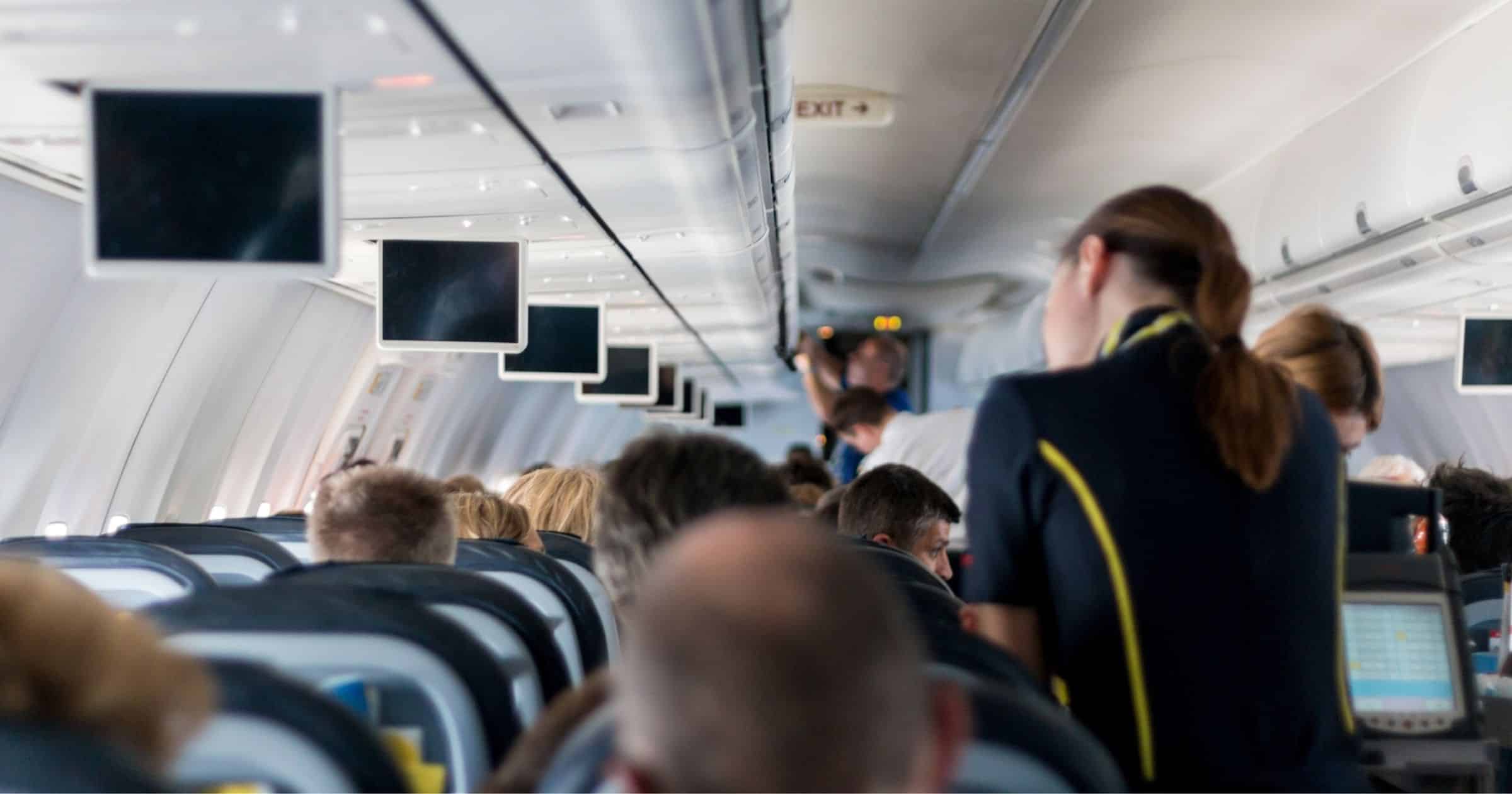I was spending a month in Uganda as a Teaching Fellow with the Inspiring Teachers program along with 18 other teachers from around the United States. When I arrived back at camp, where we were staying, our lead facilitator informed me that I needed to call home immediately.
I called my brother, Kevin, and when he answered the telephone and started crying, I knew. I just knew that someone had died. Kevin informed me that my dad passed away unexpectedly two days ago.
Due to the remote location of my fellowship and limited internet and cell service, my family had been unable to get a message to me. Fortunately, before I depart on any extended travels, I leave a detailed itinerary with emergency contact information, which in this case included the Inspiring Teachers headquarters, who in turn was able to get a message to me at the Uganda camp.
My family told me to stay there and finish my fellowship to honor my father, Kenneth, who had been an educator for 39 years. Because I was a 12-hour drive away to the nearest airport and five flights away from my family in Ohio, I had no choice but to stay and miss my father’s funeral.
On the day of his funeral, my fellow American teachers wore blue ribbons in honor of my dad and chose me to give a motivational speech to the Uganda teachers who were graduating from the program. My fellow teachers had no way of knowing that my dad was a lifelong member of Toastmasters International, an organization that builds confidence and public speaking skills. I let my dad’s passion for education and public speaking inspire me to give the speech of my life, keeping the tears to a minimal. One never knows how strong one can be when faced with challenging situations.
As an educator who leads student trips, are you prepared to confront a crisis? What measures are you putting into place before you depart to tackle any issues? How will you address emergency situations while on a trip?
Prior to departure, the lead educator needs to gather medical information (medicine, things that trigger allergic reactions, etc.) on each person traveling and put together a small first aid kit. In the case of a medical emergency, the educator has the medical information needed. The teacher also needs to collect emergency contact information (telephone number & email address) for all participants. This should also include alternate contacts in case the students’ parents are unreachable. Next, a protocol must be established and shared in advance, detailing what will happen in case of an emergency or a crisis. This could include notification on a group Facebook page, WhatsApp or email that keeps parents and trip participants in the loop.
Another pre-trip departure task is to make sure the tour operator has insurance, and encourage participants to purchase their own travel insurance. Be sure to share the contact information of the tour operator with all. When my family was unable to contact me, they reached out to Inspiring Teachers who in turn were able to get a message to me. It is important to collect the cell numbers of each participant, teachers included and share that with the entire group. Finally, if traveling abroad, I recommend the educator enrolls in Smart Traveler Enrollment Program (STEP) and highlights the various cities and countries the group will visit while overseas.
While traveling, things could go wrong from minor issues like missed flight connections, lost luggage, broken down bus, poor weather, lost passport, or illness—to key issues like bus accidents, missing student, medical emergency, flooded areas, or even a death. The priority is the safety and well-being of all the trip participants, getting them to a safe area and/or medical treatment if needed. Seek advice and assistance from the tour guide who may be more familiar with local resources and protocol, as well as the language if in a foreign county.
Simultaneously, ask one of the chaperones to contact the parents or guardians of the student(s) and your school principal to keep them informed. If it is a medical issue, parents may have insight into the crisis. Get the police involved and get a report. Documentation will be important. Contact your travel insurance company. Lastly, ask the tour guide to contact the tour operator for their assistance. If traveling in a foreign country, contact the nearest U.S. embassy or consulate, if needed.
When a crisis occurs, the lead educator should initially ask students’ to not post on social media as it may panic their family and friends back home. If only a few participants engage in the crisis, place one or more of the chaperones in charge of the remaining participants to give the students an update on what is happening and be a support system while the trip leader confronts the crisis. No matter what, all must remain calm, not panic, and oversee the emergency at hand. The calmness of the educator(s) will be reassuring to the students.
Once the crisis is managed, it is important to have a group conversation about the situation. Yes, some information may be private and unable to be shared with all, but it is vital that the group reflects and processes what occurred. Consider asking the students to do a writing assignment (whether graded or not) to internalize their emotions in the situations.
While leading high school and college study abroad trips, I have had to contend with crises. In France, a student was separated from our group. In Greece, our group encountered rioting and demonstrations outside of our hotel. In South Africa, a student became ill and had to visit the hospital. In Italy, one of the chaperones lost his passport. In Australia, our luggage never arrived at our destination. Each time, I remained calm, focused on the task at hand, engaged others (fellow educators, tour guide and students) to assist, and afterwards, documented what happened. The various crises required different means of confronting them, yet all were of utmost importance.
When challenges arise, educators must consider alternative options, be flexible, communicate clearly, utilize technology, keep an open mind, be resourceful, remain calm and stay ready to deal with any storm.
Written by Julie Beck for the January 2025 issue of Teach & Travel.




